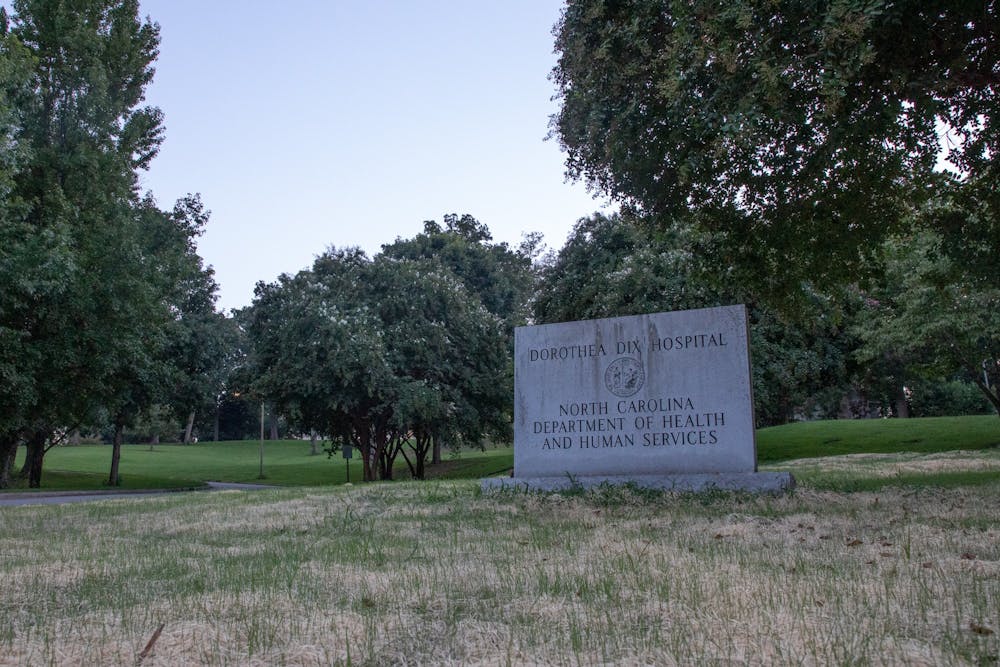November is Alzheimer’s Disease Awareness Month. Local organizations are honoring lost loved ones, hosting events for caregivers and educating the public to mitigate stigma around the disease.
Alzheimer's disease is the most common type of dementia — 180,000 people aged 65 and older are living with Alzheimer’s in North Carolina.
“It's something that all of us are going to be touched by in some way, shape or form,” Kendall Kopchick, an eldercare social worker in Orange County, said.
North Carolina’s population of people over 65 is expected to increase 52% by 2040, according to the North Carolina Department of Health and Human Services.
Lisa Roberts, executive director of the Eastern North Carolina chapter of the Alzheimer’s Association, said the organization's focus this month is on caregivers.
“They have such a difficult job caring for their loved ones that have been impacted by Alzheimer's or another dementia,” Roberts said.
Alzheimer’s is a progressive disease and requires a high level of care in moderate and late stages, according to the organization.
Georgia Johnson, a former freelance caregiver for people with Alzheimer’s, said the toll the disease takes on families is also hard to cope with.
“When that decline comes, it's very fast,” Johnson said. “And it's sad because you're seeing, whether it's your parents or a friend or other family member, don't remember who you are.”



